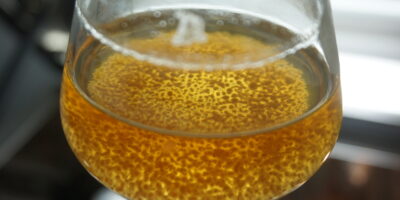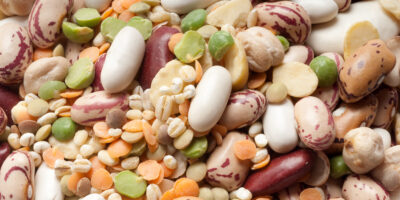ARCA is part of a groundbreaking new EU project which will develop new alternative proteins. A range of highly innovative new-protein foods made from plants, fungi, byproducts, and residues will soon emerge from Smart Protein, a new Horizon 2020 project funded by the European Commission.
A primary aim of the project is to help build a future-proof protein supply by creating sustainable and nutritious alternative proteins. This is in direct response to some of the most urgent challenges faced by the planet, including climate change and global food security. It is expected that the first wave of products – including plant-based meats, fish, seafood, cheese, infant formula, and other dairy products, as well as baked goods – will go to market in or around 2025.
Within the project, ARCA will support farmers in the adoption of organic conservative agriculture techniques and will actively participate to the dissemination of project’s results.
Smart Protein’s approach and strategy are unique in that the key focus is on byproducts and residues, ingredients that are usually used for animal feed. Microbial biomass proteins will be created from edible fungi by up-cycling side streams from pasta (pasta residues), bread (bread crusts), and beer (spent yeast and malting rootlets).
New products will also be developed from plants, including fava beans, lentils, chickpeas, and quinoa – with a focus on improving their structure, taste, and flavour. Investigations into cost-effective protein extraction, protein chemistry, polymeric structure,
physicochemical behaviour, and protein-protein interaction will be carried out in order to maximise the functionality of these proteins and customise their usage in food and drinks.
The Smart Protein project has received funding from the European Union’s Horizon 2020 innovation programme under grant agreement number 862957
Partner








